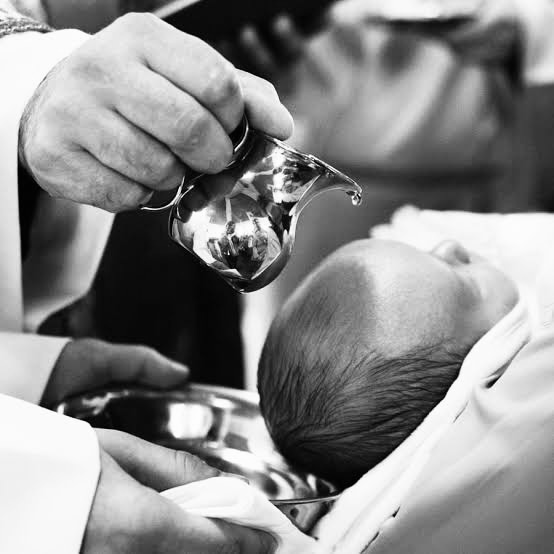What is Baptism?
Baptism is a recognition that a person is being called into a relationship God and Jesus Christ through the Holy Spirit.
Baptism, at its most practical level, means gaining membership in the Church and is a welcoming into the Church community. There would be few Anglicans or Christians however, who would regard Baptism as only that. Baptism is a sacrament where God is at work, an outward and visible sign of the inward and invisible action in which God engages, as the person being baptised makes promises in the way that they seek to live, and are then “washed” in the waters of baptism. He or she is then made one in the “Body of Christ” which is the Church. Therefore the sacrament of Baptism usually takes place in the context of Sunday worship.
Who can be baptised?
Baptism is open to anyone who seeks to belong to the Anglican Church. Historically baptism took place when a child was very young and not able to answer for themselves. Parents and godparents or sponsors were asked to make promises on the child’s behalf. Up until the last few decades, this would have been the norm.
There are many people who were not baptised as a child and those asking for baptism as an adult can answer for themselves.
Baptism is a recognition that a person is being called into a relationship God and Jesus Christ through the Holy Spirit.
Baptism, at its most practical level, means gaining membership in the Church and is a welcoming into the Church community. There would be few Anglicans or Christians however, who would regard Baptism as only that. Baptism is a sacrament where God is at work, an outward and visible sign of the inward and invisible action in which God engages, as the person being baptised makes promises in the way that they seek to live, and are then “washed” in the waters of baptism. He or she is then made one in the “Body of Christ” which is the Church. Therefore the sacrament of Baptism usually takes place in the context of Sunday worship.
Who can be baptised?
Baptism is open to anyone who seeks to belong to the Anglican Church. Historically baptism took place when a child was very young and not able to answer for themselves. Parents and godparents or sponsors were asked to make promises on the child’s behalf. Up until the last few decades, this would have been the norm.
There are many people who were not baptised as a child and those asking for baptism as an adult can answer for themselves.

